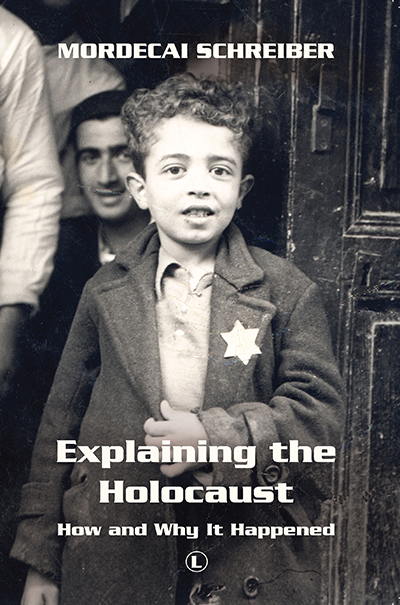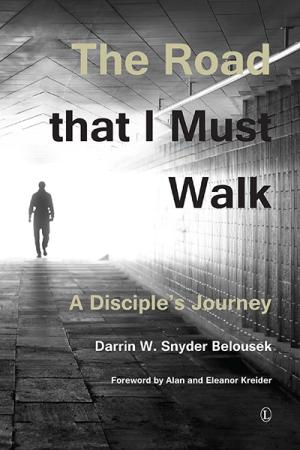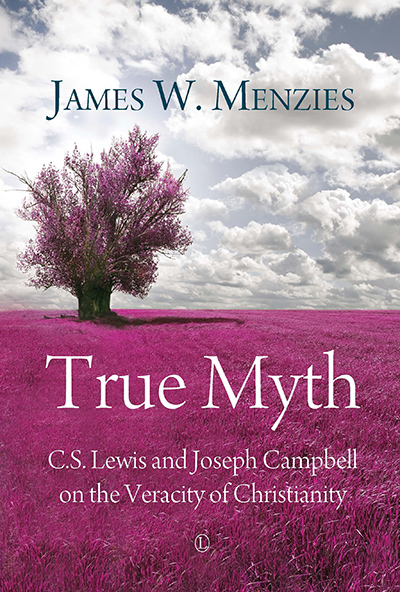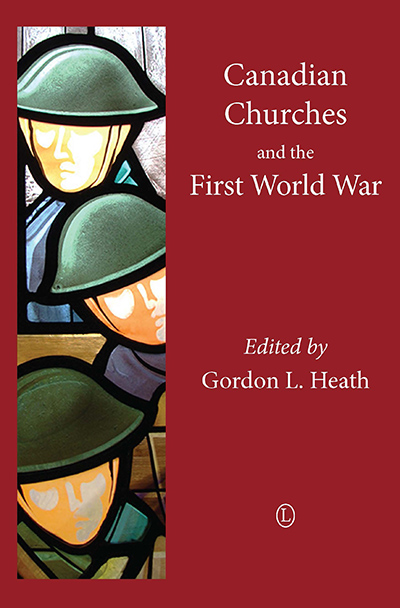Description
Seventy years after it took place, the Holocaust committed in Europe during World War II continues to cast a shadow over humankind. Man’s inhumanity to man is not a thing of the past; genocidal action is still commonplace around the globe. Has humankind learned the lessons of the past? Is the human race doomed to live in a perpetual state of war and self-destruction?
Explaining the Holocaust shows how, given the right circumstances, human beings can lose their humanity. Does that mean that the ethical teachings of the major religions are wishful thinking? This book tackles two questions that continue to be asked by people everywhere: Why did a highly civilized nation like Germany, in the middle of the twentieth century, commit the most heinous crime in human history? And if indeed there is a loving God who made a covenant with the people of Israel, why were millions of innocent Jews dehumanized, starved, tortured, and systematically murdered?
Explaining the Holocaust spares no one in discussing the enormity of this evil. But it also shows how the divine spark in human beings did not die during those years of darkness, and why we still have a glimmer of hope.
About the Author
Mordecai Schreiber is the author of several books on the Bible and on the Holocaust. His latest book is Hearing the Voice of God (2013). He is the founder of Schreiber Translations and Schreiber Publishing. Now retired from both, he devotes his time to research and writing.
Contents
Foreword by Mordecai Paldiel
Preface
Acknowledgments
Part 1: Bottomless Evil
1. Not Just Another Genocide
2. How It All Started
3. Germany and Europe after World War I
4. Satan’s Prophet: The Rise of Hitler
5. The World According to Hitler
6. The Complicity of the World: A Tale of Two Conferences
7. Those Who Did the Dirty Work
8. The Evolution of the Holocaust
9. The Judenrat Dilemma
10. Jewish Inaction during the Holocaust
11. Righteous Gentiles
Part 2: The Problem of Faith
12. A Brief History of Jewish Martyrdom
13. A New Language of Faith
14. Christianity and the Holocaust
15. The Problem of Jewish Victimhood
16. The State of Israel as Sign and Wonder
17. The Universality of Faith
18. The Possibility of Faith after the Holocaust
19. The Way Back
Conclusion
Bibliography
Endorsements and Reviews
Explaining the Holocaust is balanced, graceful, and probing. Including both Jewish and Christian theological responses to the Holocaust, as well as voices from around the world, Rabbi Schreiber presents an historical overview of the Holocaust and Holocaust studies. His style is personal, engaging, and conversational, yet also reveals his extensive knowledge and erudition. An excellent book for smallgroup discussion.
Alice Ogden Bellis, Professor of Old Testament, Howard University School of Divinity
Schreiber’s historical narrative is well written and engaging.
Katie R. Leggett, in Theological Book Review, Vol 27, No 2






